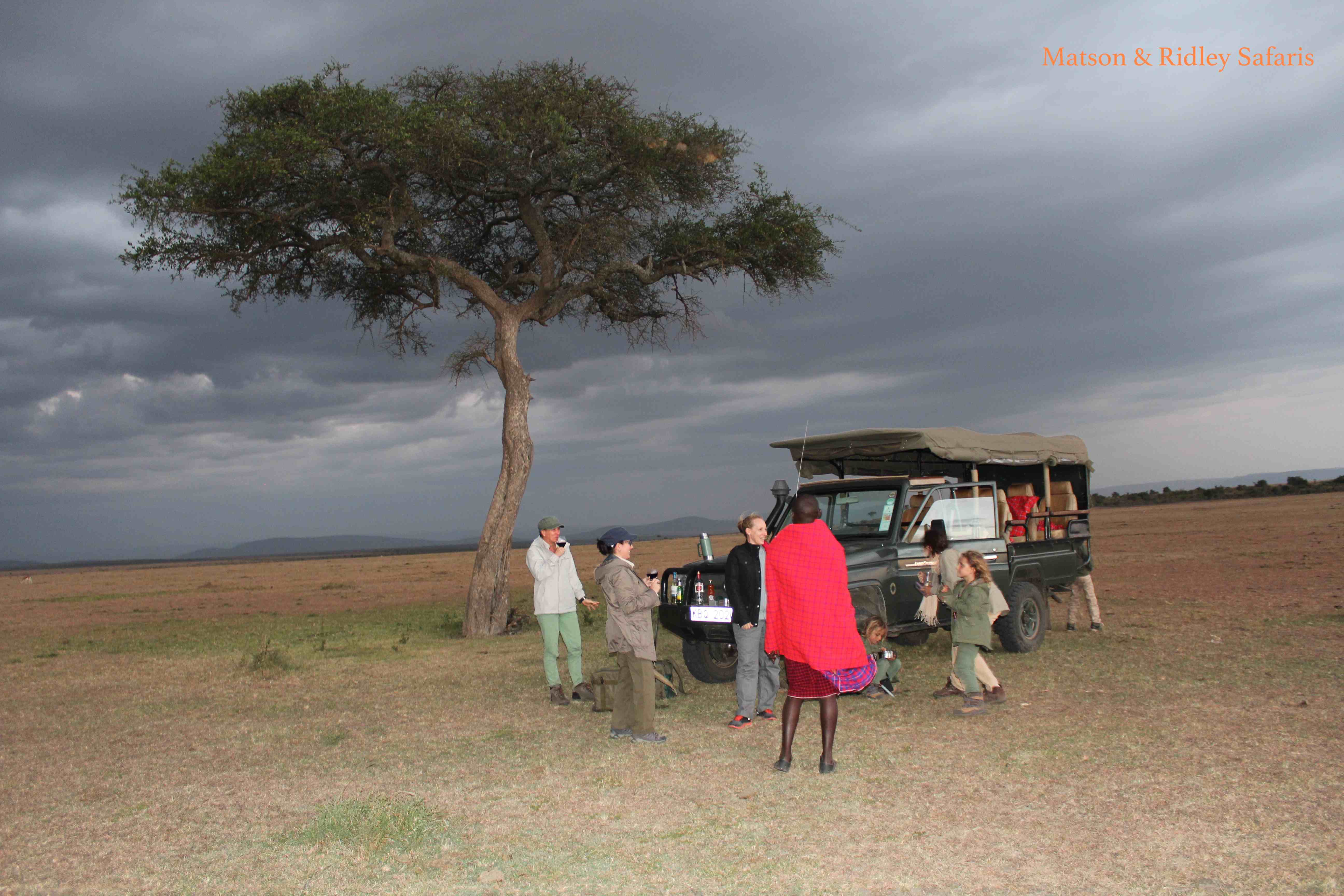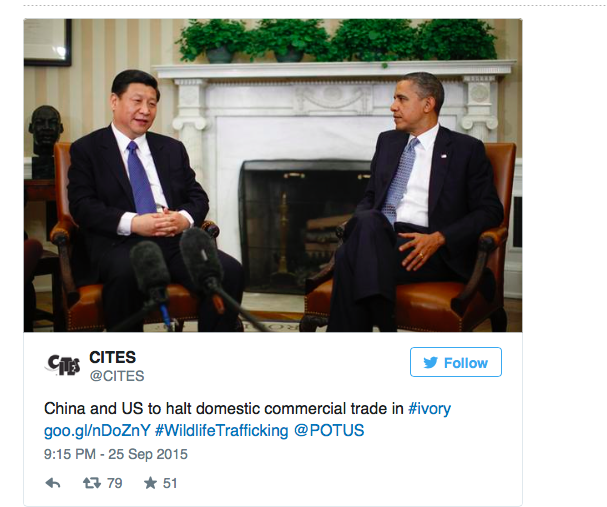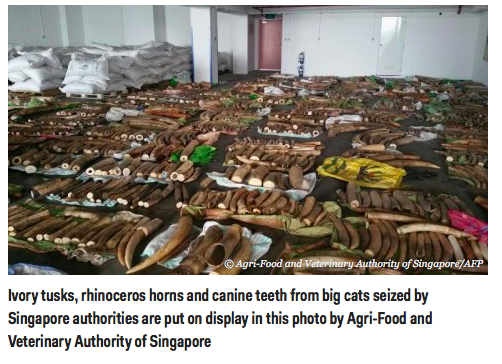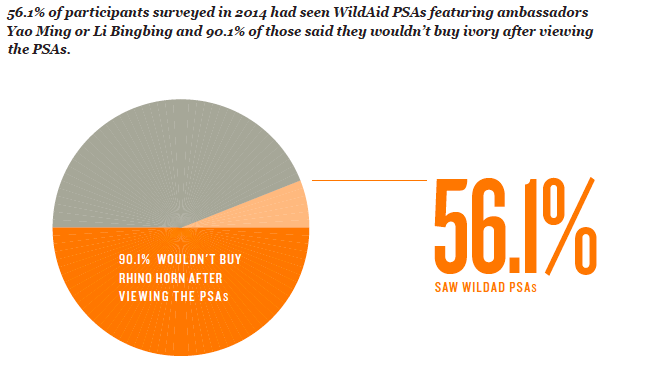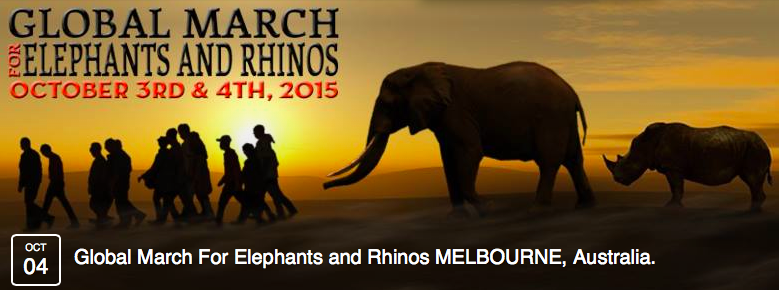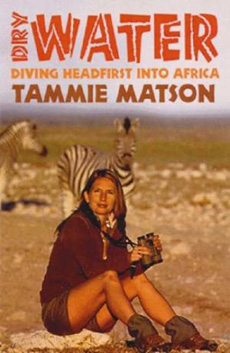Wishing you a happy holiday!
It’s that time of year again, and it seems to have crept up so quickly (or maybe I’m just getting old!). Now at the end of our second year in business at Matson & Ridley Safaris, Andy and I wanted to thank you for your support and to wish you a wonderful Christmas and new year. I’ve put together this short video (scroll down to see it), which I hope you’ll enjoy, sharing a few special memories of my adventures with you in the last couple of years in Botswana, Kenya and Namibia. Thanks to all who shared their photos for this, but in particular a big thanks to all the people who made these journeys so wonderful in Africa’s most incredible wild destinations!
For me, it’s a real joy to be able to reflect back and know that our fledgling safari business is helping support so many worthwhile on-ground conservation initiatives, from the Save The Rhino anti poaching efforts in Namibia, to the Giraffe Conservation Foundation, David Sheldrick Wildlife Trust and the Mara Naibosho Lion Project. Those who come on my safaris often get to meet some of the dedicated people behind these operations.
And of course, just by supporting Matson & Ridley Safaris, you’ve helped me continue to keep spreading the word in the Let Elephants Be Elephants campaign, around Singapore, Hong Kong, the Philippines, Australia and even in my new base in the Netherlands. The LEBE campaign has raised approximately SGD$40,000 (almost US$30k) for awareness raising on ivory trade in Asia since its inception, and Nadya and I have spoken at dozens of schools, events, conferences and government departments across the region. A new study by Save The Elephants just revealed that growing public awareness through campaigns like the one by WildAid in China have played an important role in the halving of the price of ivory in the past year, a truly outstanding result that will help reduce elephant poaching. Our LEBE campaign continues in Southeast Asia in 2016 – more news to come on that soon.
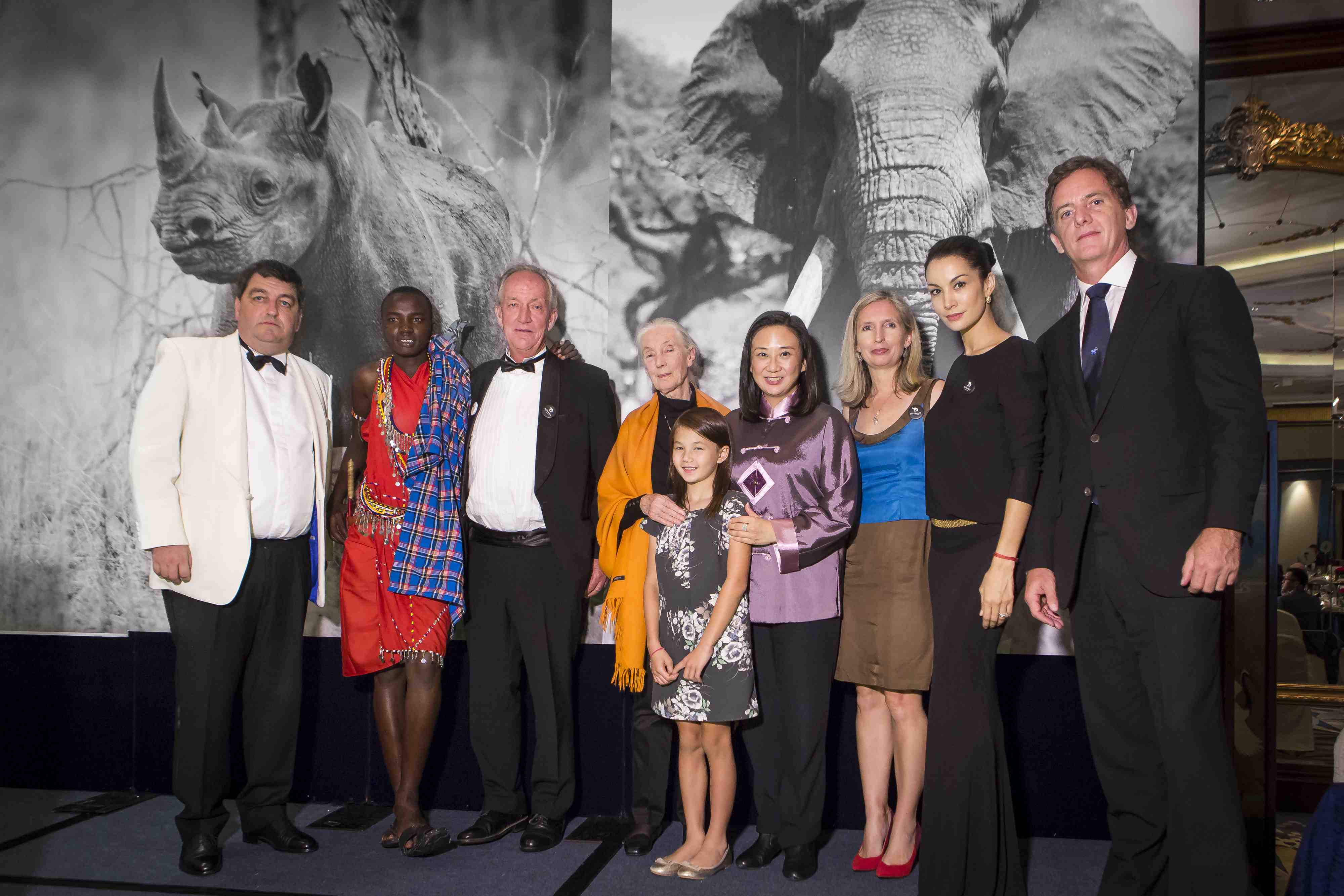
The LEBE team at one of our awareness and fund raising events in Hong Kong, with the team from the Hong Kong Elephant Society, Jane Goodall and Richard Bonham of the Big Life Foundation (photo: Hong Kong Elephant Society)
But I think our biggest contribution through Matson & Ridley Safaris is the benefits your safari bookings provide in terms of local employment in Africa. Wilderness Safaris recently released a breakdown of how your safari dollars are spent, and most enlightening for me was that about two-thirds goes to local employment. This is so important! In Africa, conservation of wildlife is directly related to the economic benefits people get from wildlife, and so this really is a win-win scenario for both people and wildlife. In rural areas where these camps are, there are few other economic opportunities for people, so ecotourism done right can be a real lifeline. Asilia Africa, who we work with to plan your East African safaris, focus on education and conservation, as well as community partnerships to deliver long term sustainability that benefits local people. You can read more about their positive impact and approach to sustainable business development here. When you go on one of our safaris, either independently or with me, don’t forget to ask about all the incredible work these ecotourism companies are doing to ensure that you not only have an amazing experience but that the local people and wildlife directly benefit from the monies you spend.
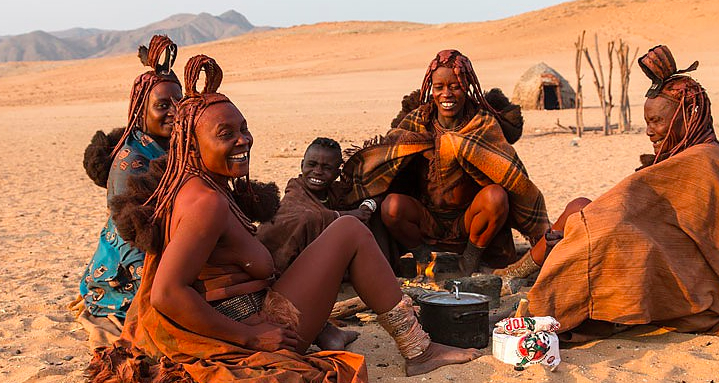
Providing local employment in rural areas in Africa is one of the most important contributions made by ethical safaris (photo: Wilderness Safaris)
Very soon we’ll be launching the new Matson & Ridley Safaris website, but in the meantime you can find us on the Matson & Ridley Safaris Facebook page – like us here to see the latest updates on all our safari offers and opportunities, and you can share your photos there too. We have big dreams for our conservation work – please help us get there by spreading the word about our ethical safaris!
Don’t forget it’s not too late to sign up to join me in northern Zimbabwe in September next year, and I still have one spot left for a single woman sharing in North West Namibia in May (last minute discount available for the latter). There are great deals available for family and group safaris in 2016 all over Africa’s safari regions, especially if you go in the green season. May 2016 be a year of adventure, excitement and inspiration for you all and I hope to see you by the campfire under a starry African sky soon!
Big News in the Elephant World
In the world of elephants, it’s not often that you see conservationists celebrating. President Xi Jinping of China’s announcement on Friday last week that China will join the USA in enacting near total bans on domestic ivory trade is… I think… worth cracking the bubbly over. We don’t entirely know the detail yet, and there is no timeline, other than what was in the White House’s statement, which includes agreement between China and the USA to work together in “joint training, technical exchanges, information sharing and public education”. But this could be a winning combination.
It will of course take some time to see the effects of these Presidents’ commitments, but this is definitely a big step in the right direction and with President Xi Jinping publicly declaring his support, surely this should make it a priority for Chinese policy. This is most significant because China is the world’s largest consumer country for ivory, representing about 70% of the trade, with the USA coming in second. With these two Presidents clearly stating their position that ivory trade will not be tolerated, this sets a precedent that other countries can now follow. Other south east Asian countries like Malaysia, Vietnam, Philippines, Singapore, Hong Kong and Thailand, also play key roles in the illegal trade, either as consumers or transit countries for illegal ivory.
In the last year or so we’ve seen several big players in the ivory trade undertake ivory stockpile crushings (the governments of the Philippines, Hong Kong, the US and China being a few). While this doesn’t really do anything to stop the trade, it does send a strong message that these governments are committed to ending the bloody illegal ivory trade.
Is the world turning a corner when it comes to ivory trade? Is the whirlwind of awareness raising starting to cut through in key consumer and transit countries for ivory? And most importantly, how long will it take for this to make a difference for elephants? Personally, I won’t be really celebrating until we start to see real population trends for elephants in the wild start to improve, and that’s certainly not happening yet. It was only a very short time ago that both Mozambique and Tanzania reported that at least half of their elephant populations have been poached in the last 5 years. Today, I feel cautiously optimistic, but we do need to keep the momentum up.
As I’m about to fly to Singapore and Melbourne for a week of talks on elephants, I’ve been investigating what the Singapore and Australian governments are doing to stop illegal ivory trade. In May this year, Singapore Customs seized their biggest illegal haul in over a decade, including $6 million worth of ivory. But we have yet to see any significant government ivory-related statements from either Singapore or Australia. When I met with Singaporean authorities last year to discuss this issue, I was informed that the Lion City would be crushing its official ivory stockpile shortly, but I haven’t heard anything since. In addition, with the strong influence that both southern hemisphere powerhouses have over other countries in Asia, particularly those that are struggling to get on top of this problem, I think both countries could do more to help this problem by exerting their influence in the region. It’d be great to see support from the governments of Australia and Singapore for countries like the Philippines and Thailand, to help them in the fight against illegal wildlife trade.
We know from the latest CITES report that the level of poaching of elephants is still unsustainable (and has been since 2008) – see the graph below. Anything above the red line is unsustainable (measured against natural population growth rates).
So elephants are far from being out of the woods. However, in addition to last Friday’s announcement from the White House, what also gives me some hope is that Wild Aid is starting to demonstrate some significant results from their Public Service Announcements in China, featuring the likes of David Beckham, Prince William and Chinese basketball player, Yao Ming, for both ivory and rhino horn. Wild Aid’s assessments suggest that awareness of this issue in China is improving (comparing 2012 to 2014), with a 51% increase in people surveyed realising that poaching is a problem and 90% of those who had seen the PSAs saying they would not buy ivory as a result. Read the report here.
Around the world on Sunday 4th October, hundreds of thousands of elephant- and rhino-lovers will congregate at the March For Elephants and Rhinos in 130+ cities. I’ll be marching and speaking at the Melbourne one, which has over 500 people coming. Melbourne residents can sign up to the march on Facebook. Anyone can sign the petition put together by the March organisers to encourage the Australian government to go further – click here to sign.
For those who want to learn more about the illegal ivory trade, please also come to watch the ‘Let Elephants Be Elephants‘ film and hear the latest from me on elephants the day before in Melbourne (this Saturday at 11am). You can RSVP here (where there are also full details of time and venue on Saturday). Singaporeans can join my talk at the Botanical Gardens this Friday at 4pm (full details here). It’s never been so important to keep the momentum up and show the world that we care about elephants and rhinos and will not stand by while they perish on our watch. Let’s all stand together and encourage all governments to follow the lead of China and the USA and commit to ending the illegal ivory trade!

